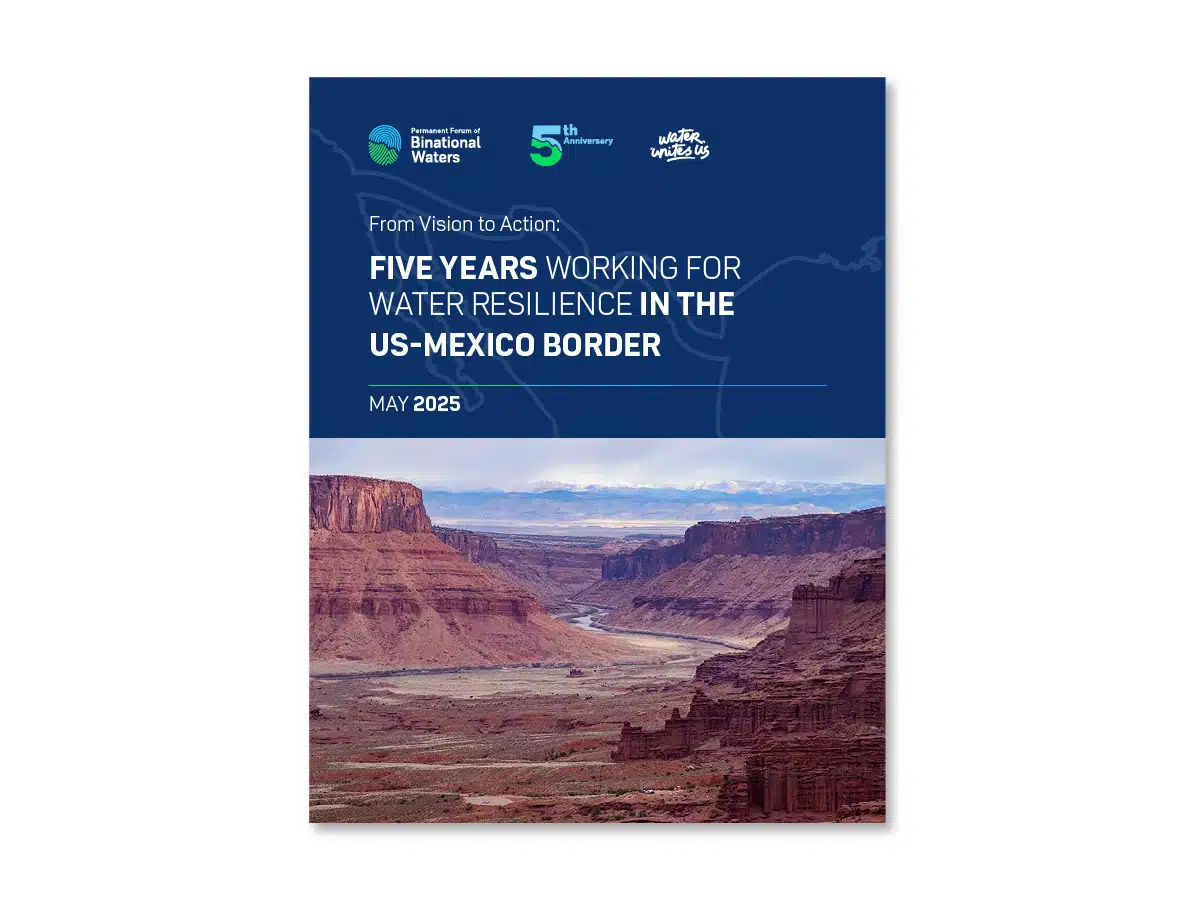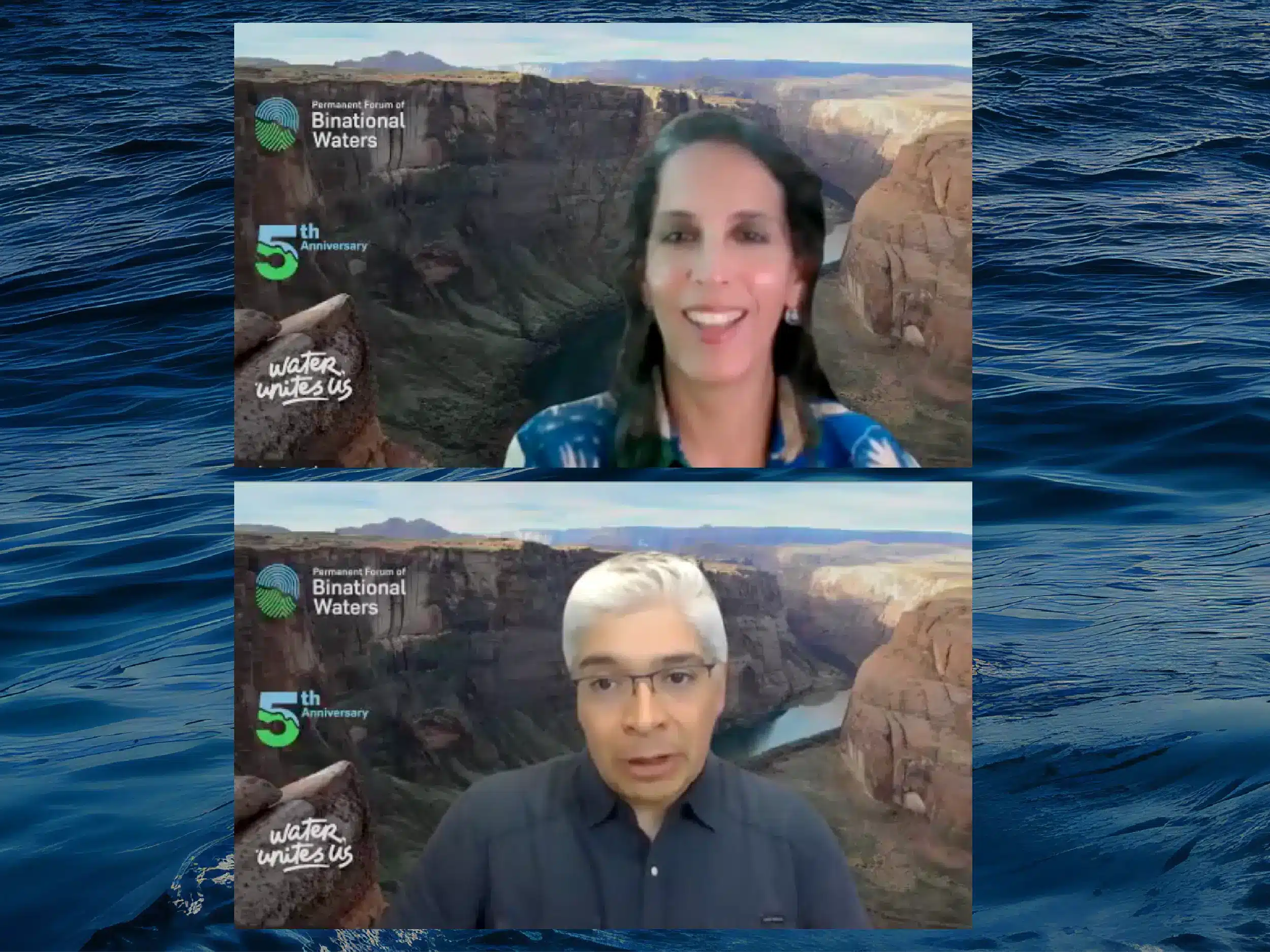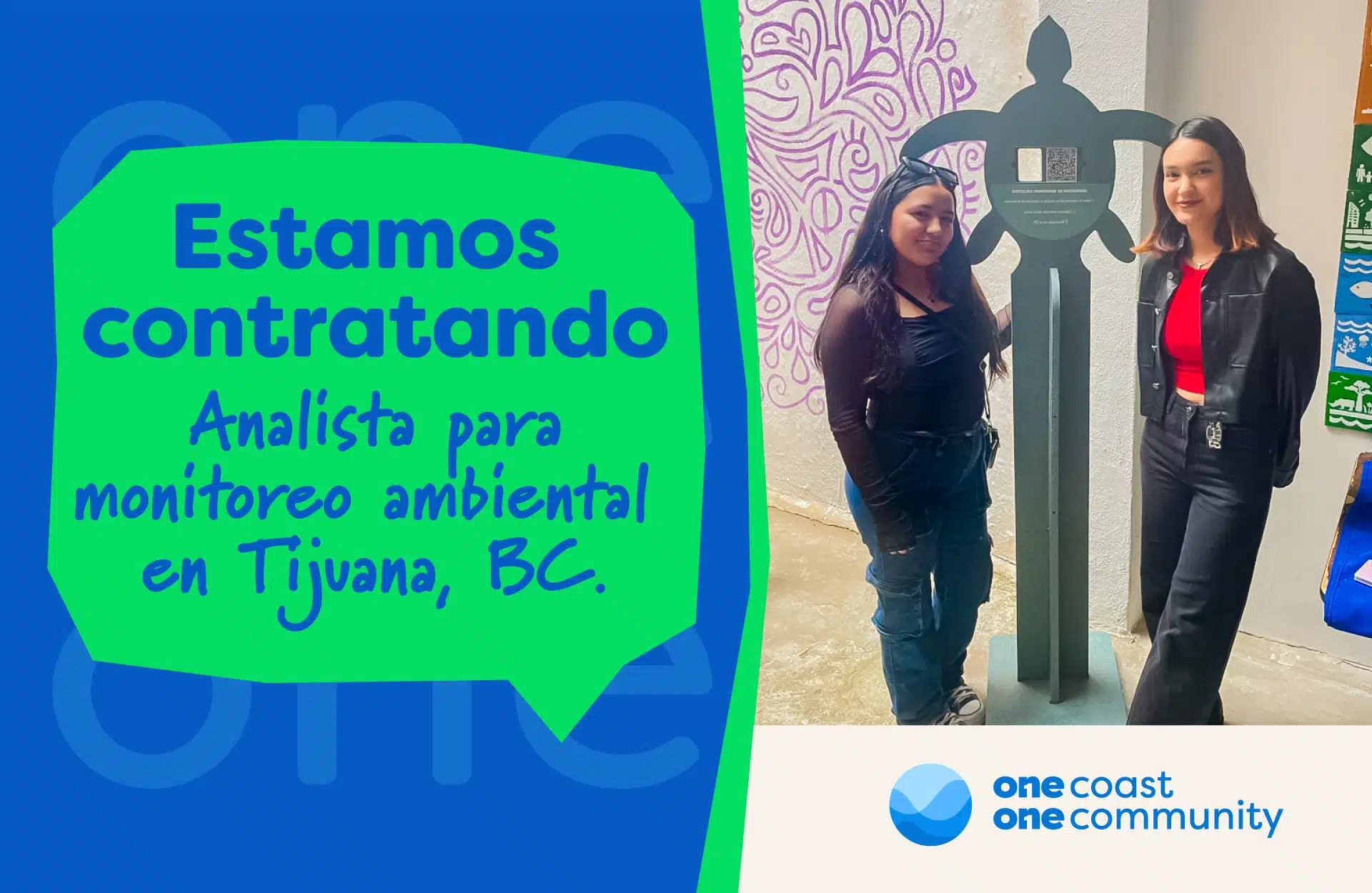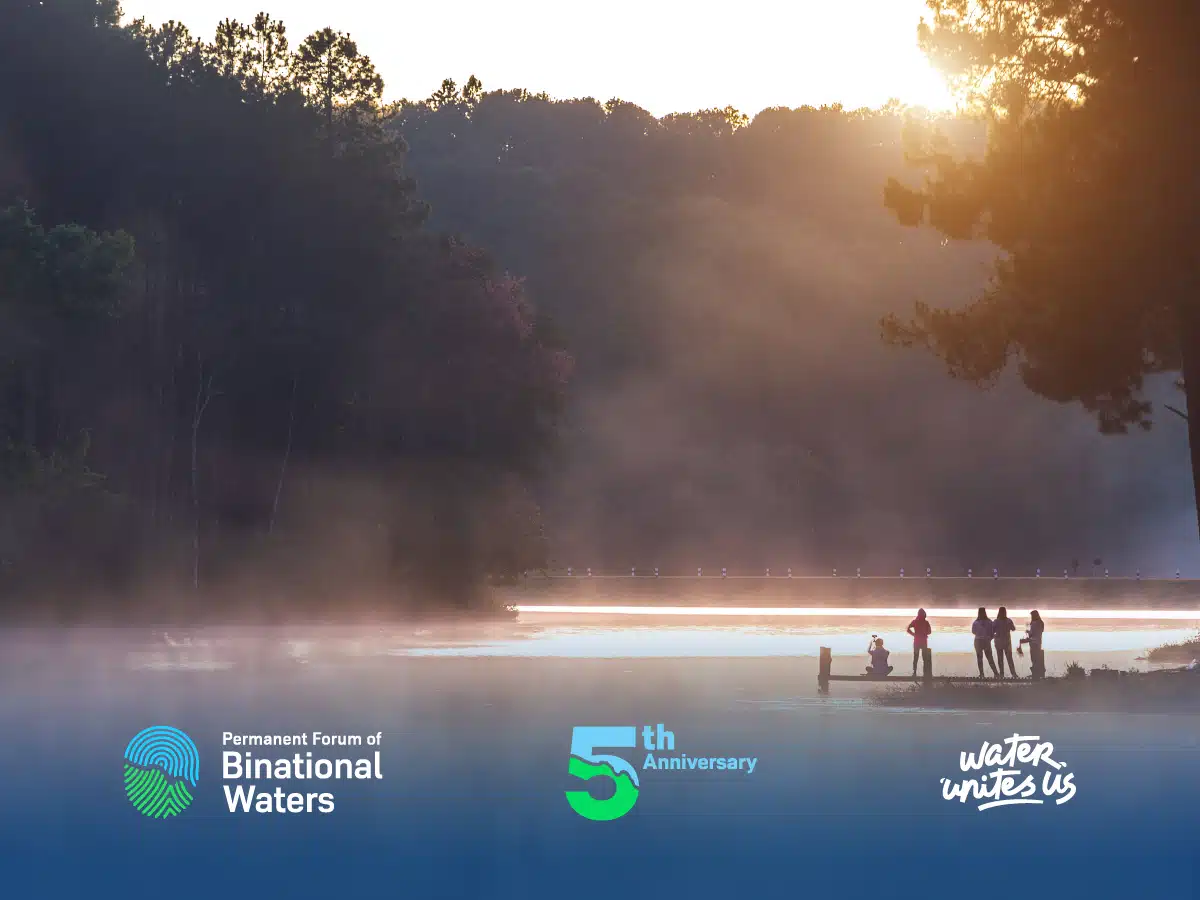To mark its fifth anniversary, the Permanent Forum of Binational Waters (PFBW) released a detailed report summarizing the achievements, lessons learned, and future perspectives of this unique collaborative effort between Mexico and the United States as a non profit organization.
Launched in 2019 as an initiative to foster cross-border dialogue on water management, the Forum has become a trusted and open space for sharing knowledge, experiences, and ideas among diverse stakeholders who recognize that water challenges do not stop at national borders.
Through virtual seminars, in-person workshops, publications, and academic exchanges, the PFBW has built a strong community on both sides of the border, including researchers, academics, government officials, civil society organizations, water users, activists, and students.
Key Achievements
Some of the Forum’s most important accomplishments include:
- The consolidation of a diverse and representative binational organizing committee
- The organization of over 20 events that have facilitated technical and academic exchanges
- The publication of bilingual materials that promote open access to information
- The establishment of strategic partnerships with academic institutions, public agencies, and civil organizations
- The strengthening of a collaborative network focused on innovative solutions to shared water challenges
Challenges and Lessons Learned
The report also acknowledges several challenges faced over the past five years, including the need for sustainable funding, participant turnover, and the importance of institutionalizing key processes to ensure continuity.
Operating as a non profit organization has enabled the Forum to secure strategic support, maintain independence, and attract diverse perspectives. The report also highlights the value of collective learning and mutual respect in enriching binational dialogue.
Looking Ahead: Strategic Priorities
The PFBW outlines key future priorities, including:
- Expanding participation to include youth, Indigenous communities, and local actors
- Continuing to produce academic, technical, and social exchange spaces
- Strengthening the Forum’s institutional presence to ensure long-term sustainability
- Promoting joint initiatives that generate real impact in shared basins
Read the Full Report
The report is an open invitation to learn more about this unique cross-border collaboration—its milestones and the challenges it faces—while calling on all those interested in water governance to get involved. You can read the full report at this link.








Responses